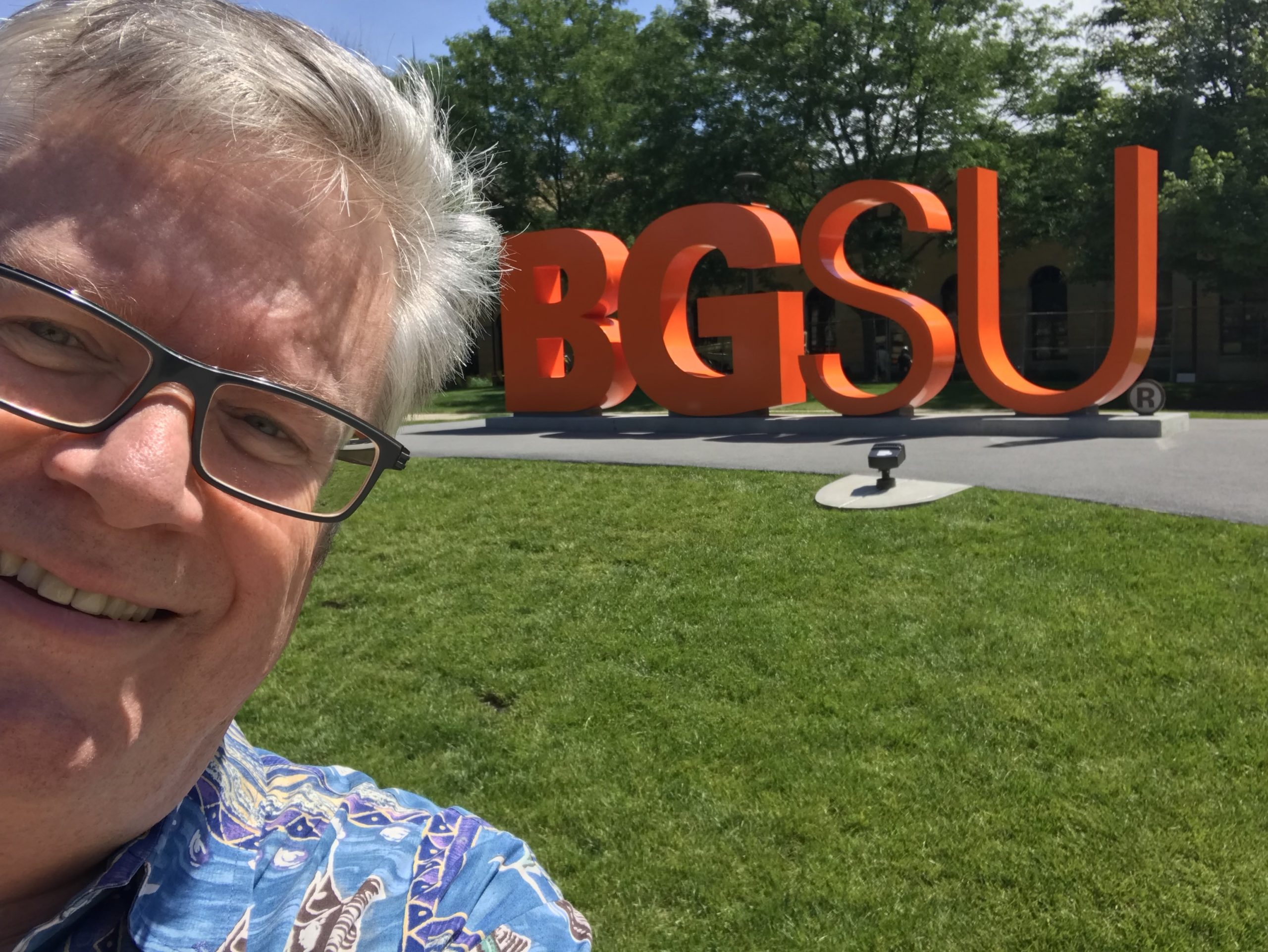 Maybe it’s because I’m in the process of wrapping up my fourth year as a full-time professor, but I’m more convinced than ever that higher education is a public good.
Maybe it’s because I’m in the process of wrapping up my fourth year as a full-time professor, but I’m more convinced than ever that higher education is a public good.
Some politicians are making a massive market in outright hatred of university educations. They grasp at red herrings, use exceptions to prove their rules, seize on extreme examples to castigate the entire enterprise. There are bills before state legislatures that demand control over vast reaches of the academic mission and operations.
It sure is ironic that nearly all politicos are lawyers, people who themselves have deep educations that have enabled them to be handsomely paid in luchre and power. Most lawyers study history, or political science, or even philosophy prior to law school (Grey, 2022). These liberal arts and social sciences are part of what these folks are attacking.
There’s no doubt that the huge rise in the number of attendees in college has led to some unintended consequences. As of 2021, more than 37% of Americans 25 years and older have a Bachelor’s degree; many more have an Associate’s or at least some college. This is up more than 7 points just since 2011. In 1970, the former figure was less than 20%.
What’s the impact of nearly doubling the number of college graduates? Add in an ever-broader menu of coursework and majors, and there certainly are jobs that require a Bachelor’s that don’t need one. That does not mean that a college degree is useless, even in the liberal arts.
For me it all comes down to Objectives. My old website’s headline was “Objectives are everything.” It is still the case that getting a degree makes one more employable and that college grads earn more over time than those without one (save for skilled trades, which is a topic for another post.) A Georgetown study from just a couple of years ago says Bachelor’s degree holders average about 75% more in lifetime earnings of someone with just a high school diploma, and those with a master’s degree double that of high school grads.
A college education is more, however, than a pathway to higher income. It’s a means of learning how to think critically, how to learn, to be inquisitive and curious. College is a safe place to explore different ideas, to meet people different from yourselves, to figure out how to work with people you don’t know.
University is a means of learning to lead, to follow, to criticize, to write, speak and otherwise express yourself in a supportive environment. This is not a particularly quantifiable set of goals, but it nonetheless is crucial to becoming a functioning, contributing member of society.
The experience will be different for everyone, and that is totally OK. Some people won’t like it, will find it difficult, will have poor experiences. But most will remember it as a time of critical transition in their own lives.
Come back to college, or come for the first time. My own journey took a rather long time – 16 years for the Bachelor’s and 5 for the master’s. Both changed my life immeasurably for the better.
References:
Grey, S. (2022). The Top 13 Pre-Law Majors: What’s The Best Major For Law School Admission? Forbes. Retrieved from https://www.forbes.com/advisor/education/pre-law-majors.
Nietzel, M. (2021). New Study: College Degree Carries Big Earnings Premium, But Other Factors Matter Too. Forbes. Retrieved from https://www.forbes.com/sites/michaeltnietzel/2021/10/11/new-study-college-degree-carries-big-earnings-premium-but-other-factors-matter-too/
Schaeffer, K. (2022). Key facts about today’s U.S. college graduates. Pew Research Center. Retrieved from https://pewrsr.ch/3uATci3.


Andrea, thanks for your comment. I’m biased not just because I’m here, but because it was a lifelong aspiration to be in this situation. The ability to step back from one’s own knowledge and belief to consider things from multiple perspectives is essential to developing empathy as well as critical thinking!
Appreciate you taking the time to read my post.
SDW
I couldn’t agree more. It’s important to recognize that a college degree is not solely a means of achieving higher income but also a pathway to personal growth. I appreciate your emphasis on the significance of critical thinking, learning how to learn, and exploring different ideas in a supportive environment. These skills are essential for becoming a functioning, contributing member of society.
Although the rise in college attendance has led to unintended consequences, such as a job market that increasingly demands a college degree, we must remember that higher education has the potential to benefit individuals and society in many ways.
Thank you for advocating for the value of higher education and encouraging others to pursue their educational journeys.